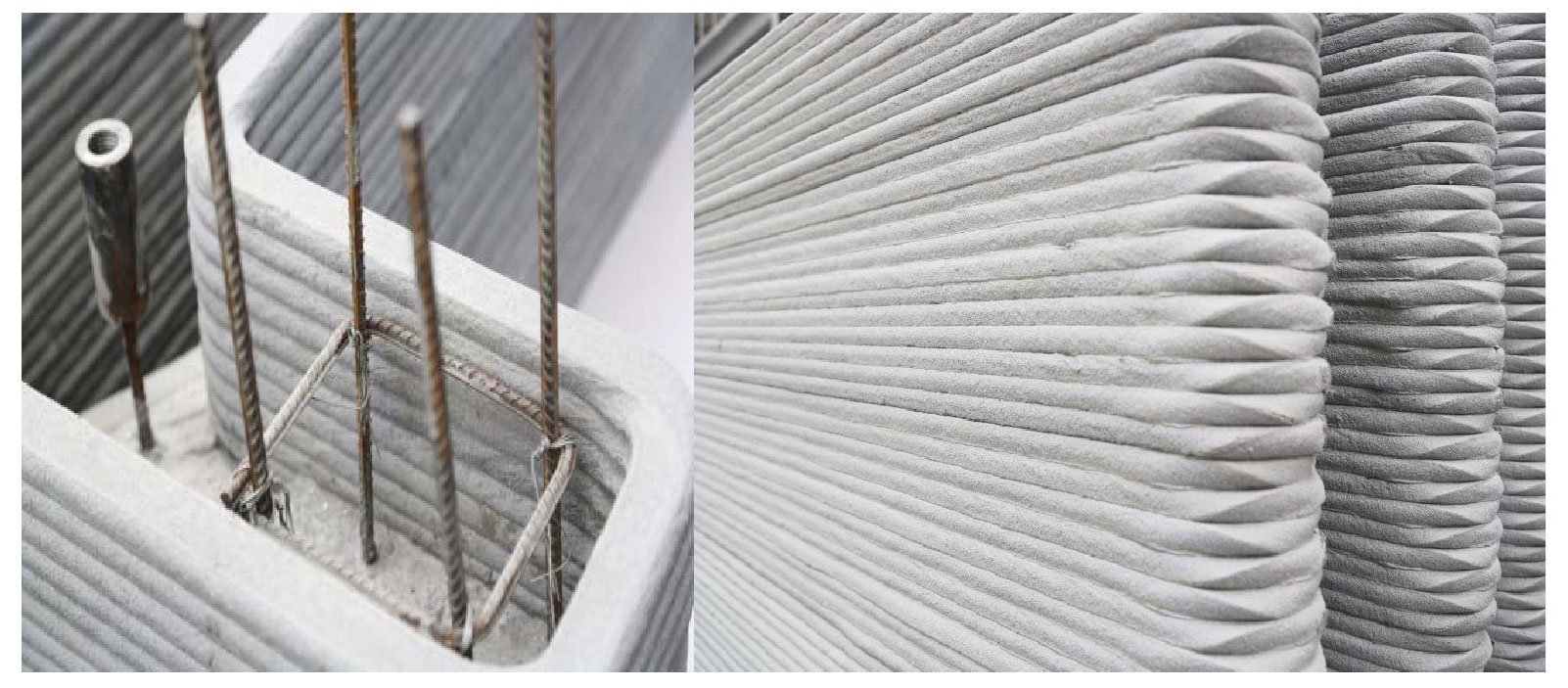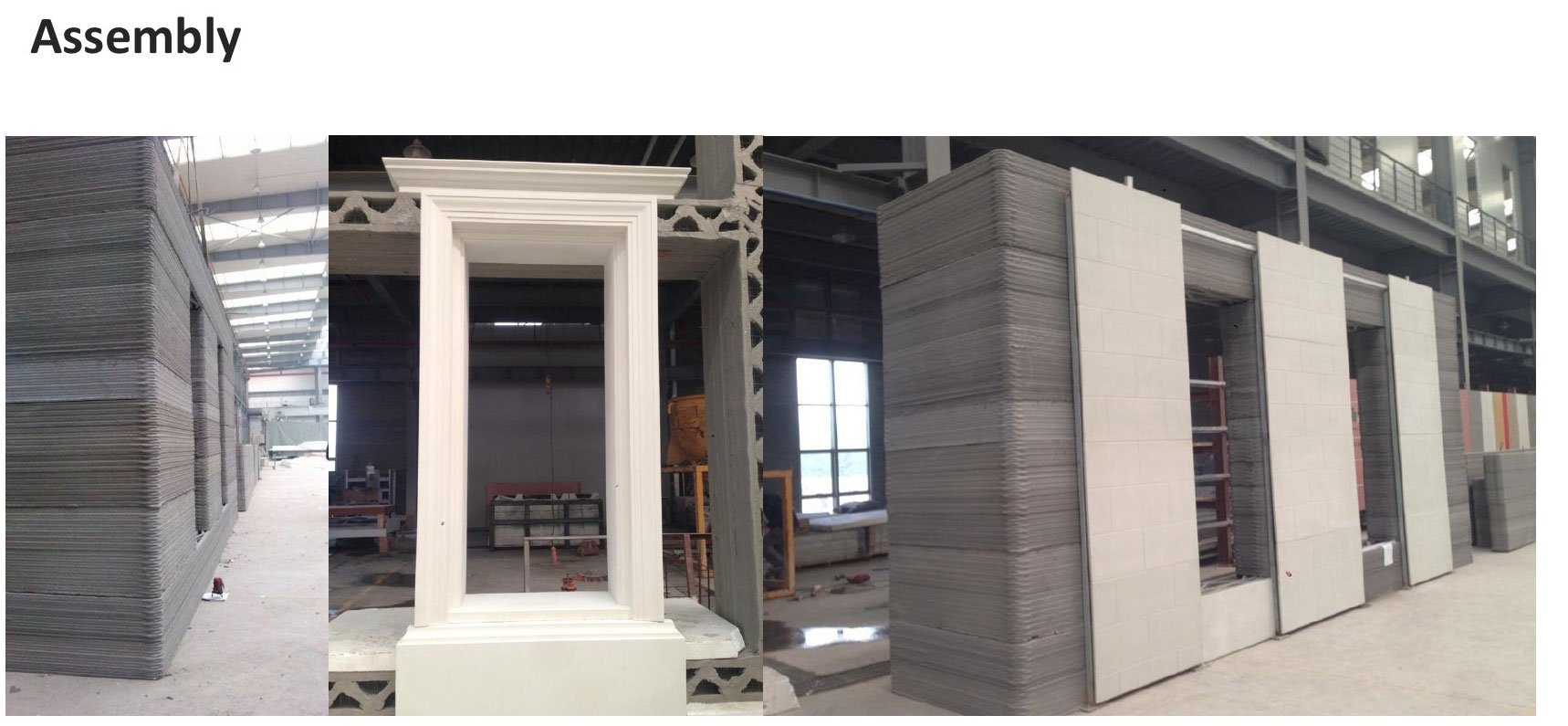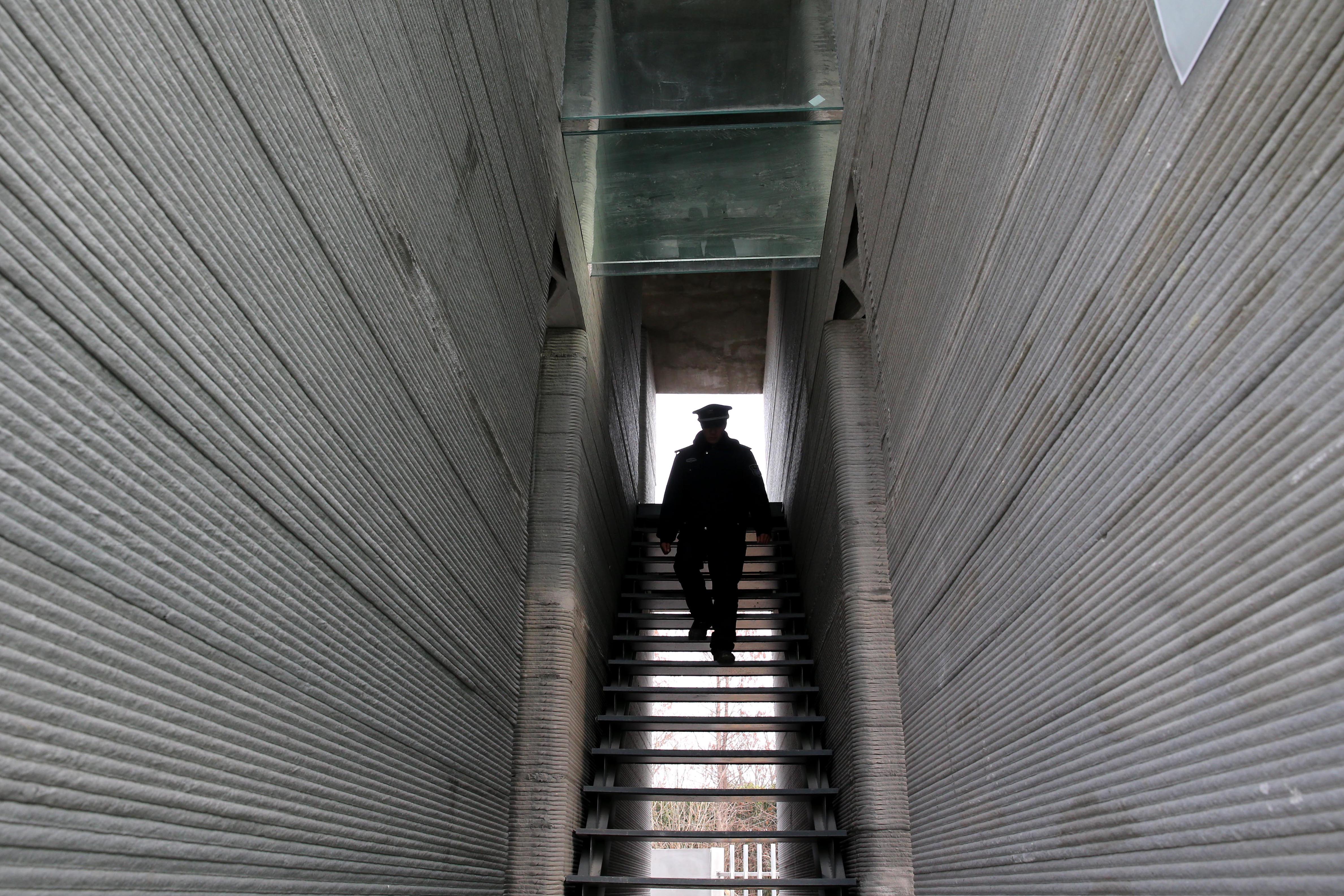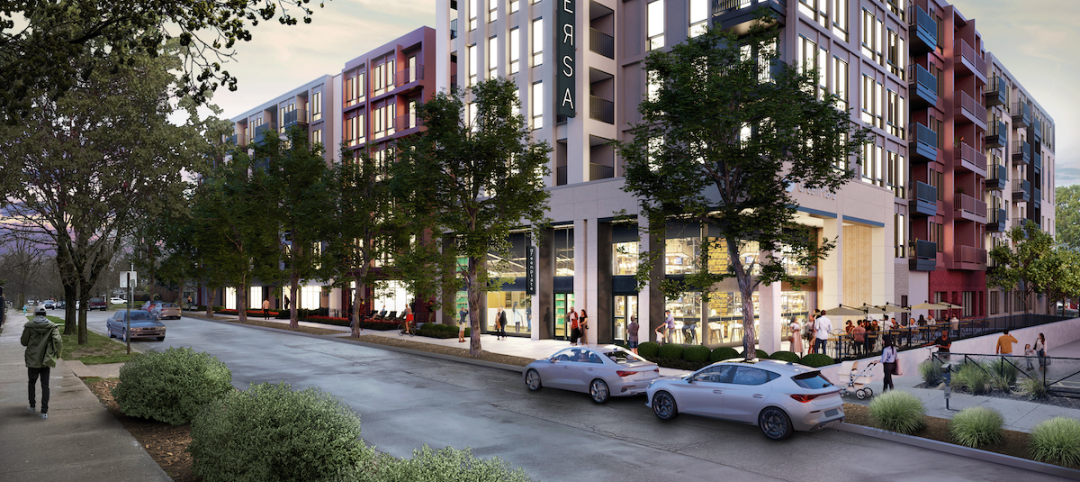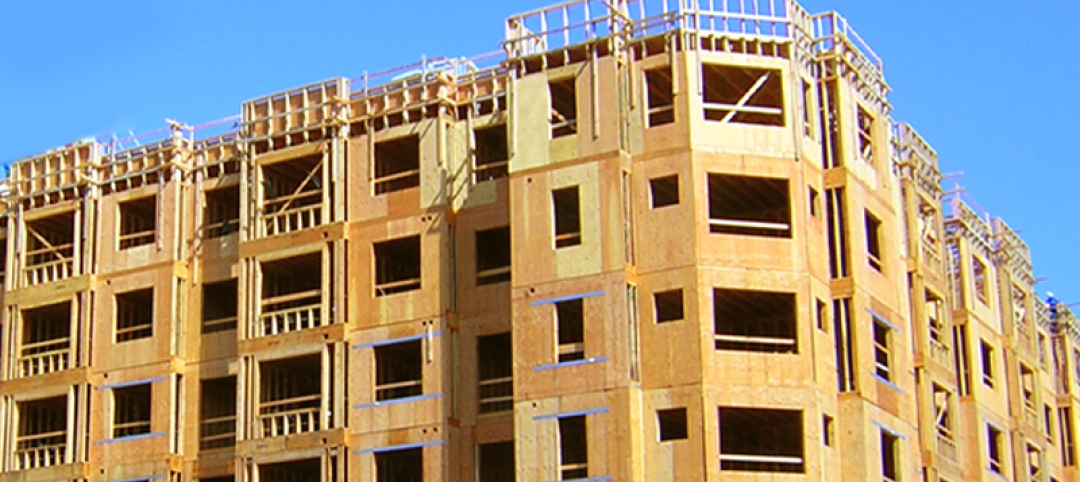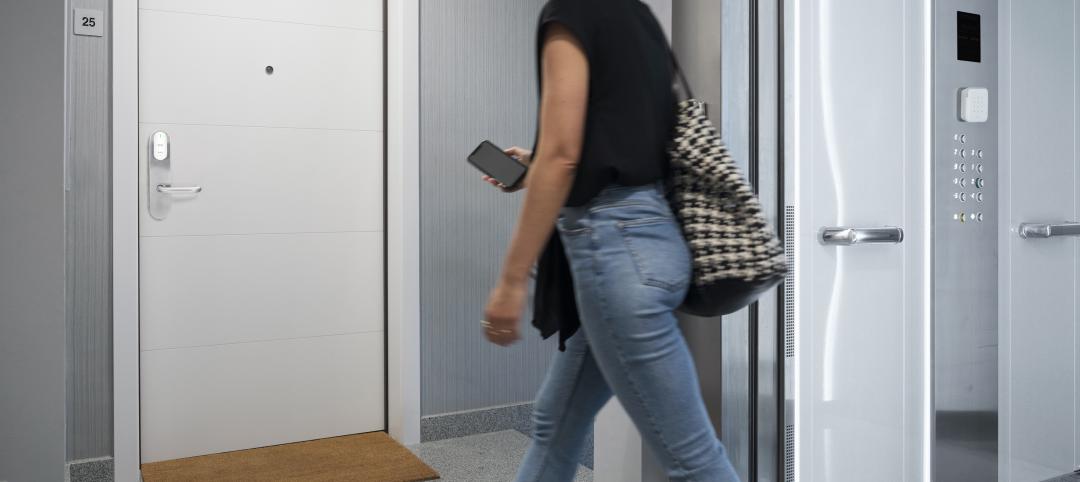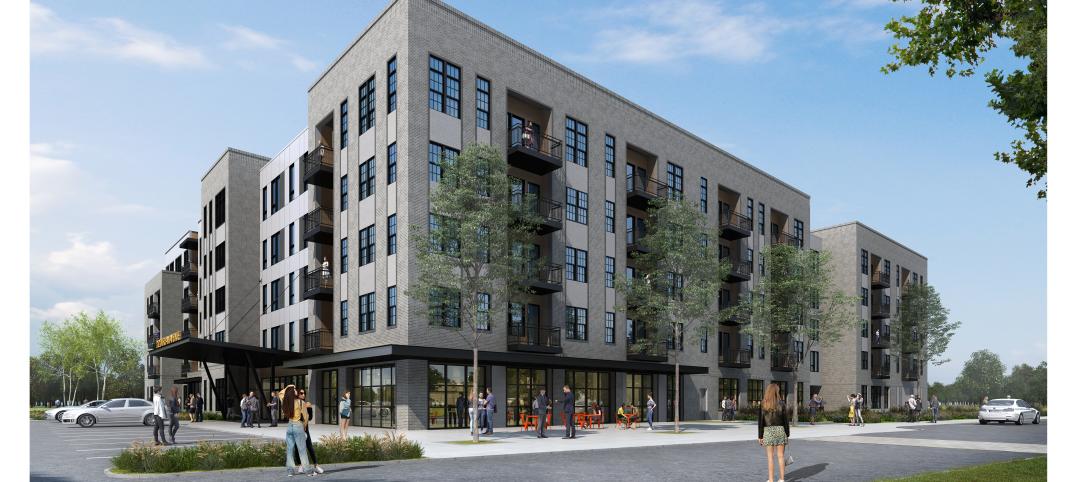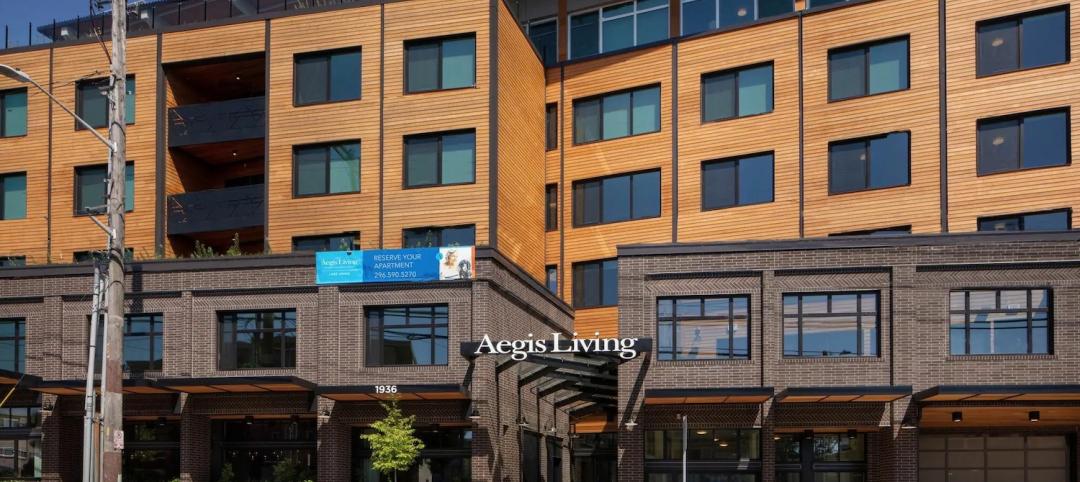Will 3D printing become the future of multifamily construction? One Chinese company tested the waters, and completed a building six stories high, designboom reports. Shanghai-based WinSun Decoration Design Engineering Co. also built a French-inspired chateau using the 3D printer.
Both structures are made of fiber-reinforced cement made of waste materials and construction debris. Components of the edifices were prefabricated piece by piece from a printer that is 7 meters tall, 10 meters wide, and 40 meters long. The components were then assembled at the Suzhou Industrial Park.
According to the company, the 3D printing construction method cut material volume by 60%, construction time by 70%, and labor by 80%, compared to traditional construction methods.
3dprint.com has the full story.
Related Stories
Multifamily Housing | May 30, 2023
Milhaus, Gershman Partners, and Citimark close on $70 million multifamily development in Indy
Versa will bring 233 studio and one- and two-bedroom apartments to Indianapolis's $271 million, Class-A Broad Ripple Village development enterprise.
Multifamily Housing | May 23, 2023
One out of three office buildings in largest U.S. cities are suitable for residential conversion
Roughly one in three office buildings in the largest U.S. cities are well suited to be converted to multifamily residential properties, according to a study by global real estate firm Avison Young. Some 6,206 buildings across 10 U.S. cities present viable opportunities for conversion to residential use.
Multifamily Housing | May 19, 2023
Biden administration beefs up energy efficiency standards on new federally funded housing
The Biden Administration recently moved to require more stringent energy efficiency standards on federally funded housing projects. Developers building homes with taxpayer funds will have to construct to the International Energy Conservation Code (IECC) 2021 for low-density housing and American Society of Heating, Refrigerating and Air-Conditioning Engineers ASHRAE 90.1 for multi-family projects.
Sponsored | Multifamily Housing | May 19, 2023
Shear Wall Selection for Wood-Framed Buildings
From wall bracing to FTAO, there are many ways to secure the walls of a building. Learn how to evaluate which method is best for a project.
Sponsored | Multifamily Housing | May 17, 2023
The Key To Multifamily Access Control — Consistent Resident Experiences
Explore the challenges of multifamily access control and discover the key to consistent user experiences with a resident-first approach and open platforms.
Affordable Housing | May 17, 2023
Affordable housing advocates push for community-owned homes over investment properties
Panelists participating in a recent webinar hosted by the Urban Institute discussed various actions that could help alleviate the nation’s affordable housing crisis. Among the possible remedies: inclusionary zoning policies, various reforms to increase local affordable housing stock, and fees on new development to offset the impact on public infrastructure.
Multifamily Housing | May 16, 2023
Legislators aim to make office-to-housing conversions easier
Lawmakers around the country are looking for ways to spur conversions of office space to residential use.cSuch projects come with challenges such as inadequate plumbing, not enough exterior-facing windows, and footprints that don’t easily lend themselves to residential use. These conditions raise the cost for developers.
Multifamily Housing | May 12, 2023
An industrial ‘eyesore’ is getting new life as an apartment complex
The project, in Metuchen, N.J., includes significant improvements to a nearby wildlife preserve.
Senior Living Design | May 8, 2023
Seattle senior living community aims to be world’s first to achieve Living Building Challenge designation
Aegis Living Lake Union in Seattle is the world’s first assisted living community designed to meet the rigorous Living Building Challenge certification. Completed in 2022, the Ankrom Moisan-designed, 70,000 sf-building is fully electrified. All commercial dryers, domestic hot water, and kitchen equipment are powered by electricity in lieu of gas, which reduces the facility’s carbon footprint.



